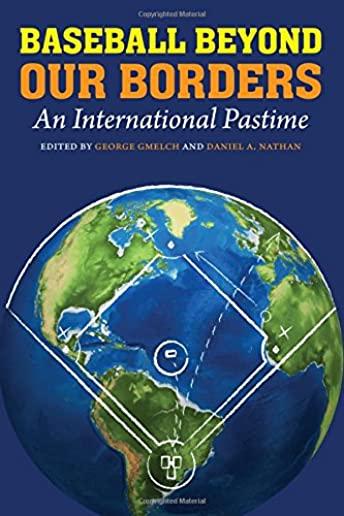
Bisaria, Ajay
After providing readers with a gripping account of the events he was witness to, the author goes deep into the conflict and tension that have characterized the connection between the countries. He looks at this fractious history from a unique perspective, that of Indian diplomats who have served in Pakistan from Independence onwards. These were the people responsible for managing the situation on the ground, even as the actions of prime ministers, presidents, and generals made the news headlines. India's envoys were expected to deal with all manner of occurrences from routine matters to rather more taxing things such as dealing with dictators, engaging in backchannel talks with their counterparts and other Pakistani officials (accounts of which have only recently been declassified) when ties were strained, dodging spies, and even on occasion having to endure verbal and physical abuse from thugs and the Pakistani intelligence services. Equally, for all the stresses they had to endure, the warmth and friendship they received from ordinary Pakistanis made many of them hope that one day the cantankerousness and bloodshed that blighted Indo-Pak ties would be replaced by normalcy, if not enduring bonds of warmth and amity.
The stories about what these diplomats were able to do during their time in Pakistan provide the reader with fresh insights into most of the pivotal moments in the relationship-especially Partition, the 1948 Pakistani offensive that was stopped in its tracks by the prompt action of Prime Minister Jawaharlal Nehru, and the even bigger wars of 1965 (ably handled by Prime Minister Lal Bahadur Shastri), 1971 (in which Prime Minister Indira Gandhi won a resounding victory), and 1999 (where the Pakistani intruders were repulsed by Prime Minister Atal Bihari Vajpayee's decisive leadership). The book throws fresh light on terrorism in Kashmir, the skirmishes across the Line of Control, the attacks by Pakistani terrorists in Mumbai, and the assault on the Indian parliament. Further, the book covers the few initiatives that sought to resolve the perennial state of strife and suspicion between the neighbours-the Simla Accord of July 1972, Vajpayee's historic bus journey to Lahore in 1999, the Agra Summit of 2001, and other short-lived attempts to make new beginnings. Besides his in-depth analysis of history and current events, the author offers a reasoned plan of how India and Pakistan might be able to arrive at a lasting peace.
Masterfully blending scholarship, telling revelations, memoir, and history, Anger Management is a remarkable study of the diplomatic engagement between India and Pakistan.
member goods
listens & views

NATIONAL ACAPELLA FESTIVAL 25 YEARS ...
by NATIONAL ACAPELLA FESTIVAL 25 YEARS / VARIOUS
COMPACT DISCout of stock
$18.25






